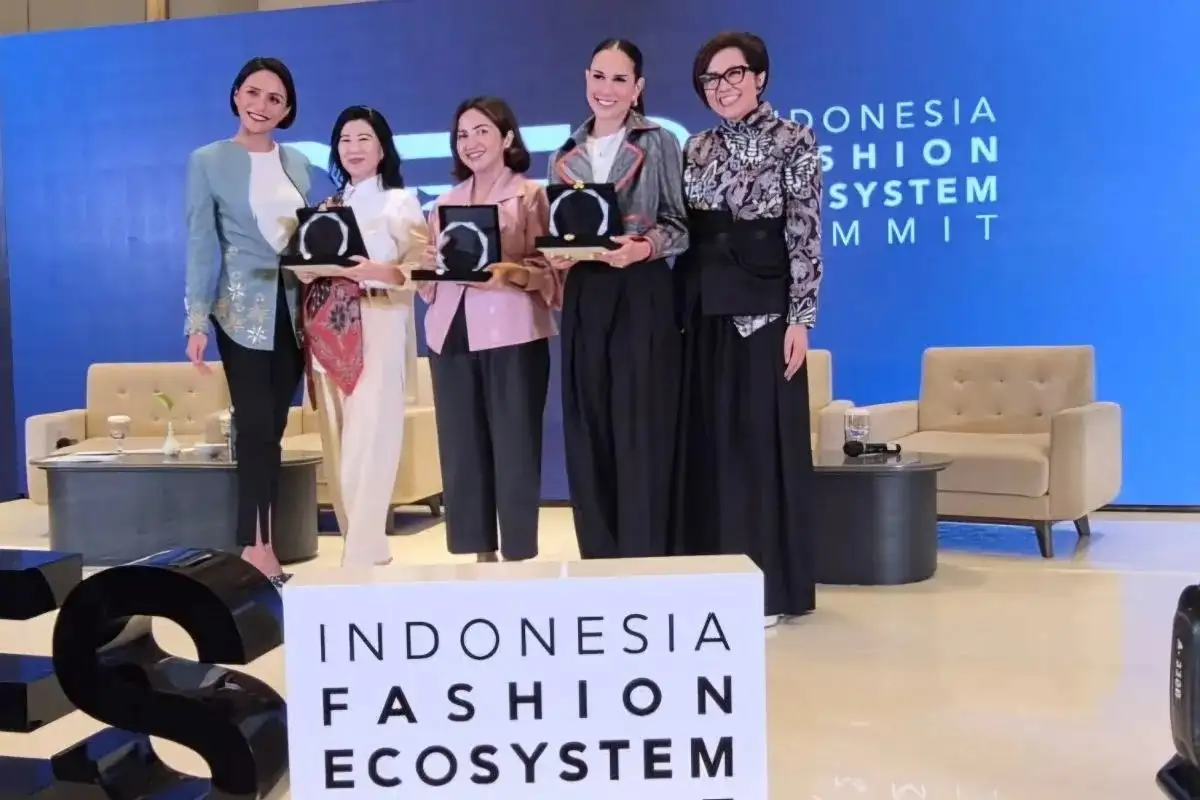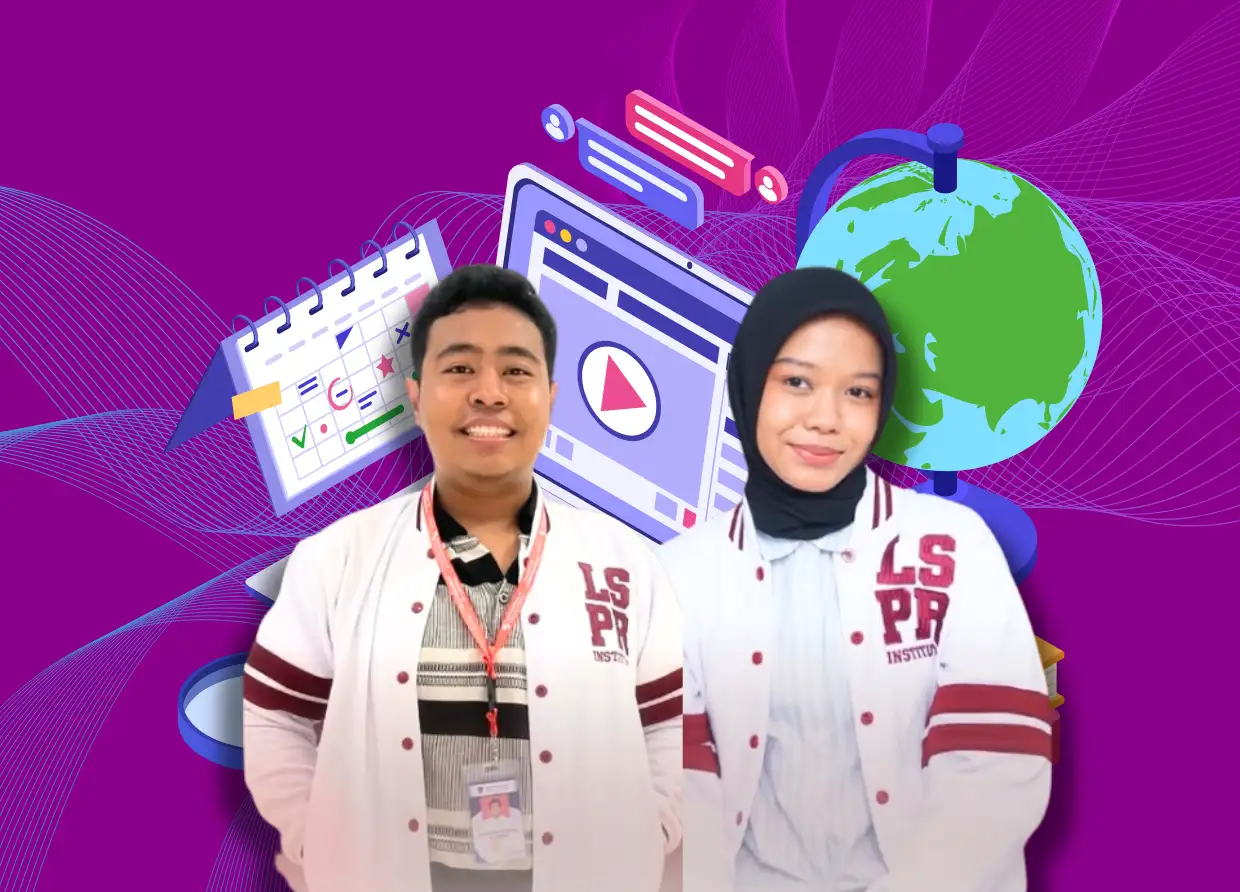RECENT RESEARCH REVEALS THAT ONLINE ADDICTION IS REAL, ESPECIALLY IN GEN Z
Research by Saudi-based digital well-being initiative Sync reveals that some of us might be having online addiction and spend more time online than we intended to be.

Improving one's health is traditionally a high priority, and friends, families and colleagues look to reconnect in 2022. Reassessing our online behaviors after a time of social isolation might be required now than ever before.
Sync, a digital wellbeing initiative launched by King Abdulaziz Center for World Culture (Ithra), has recently launched its first global report and announced new studies focused on the younger generation, including research with Milano-Bicocca University.
The program is trying to probe the impact of excessive use of the internet on young people, 58 percent of whom claim to spend more time online than they intended to.
"Sync's research in collaboration with ASDA'A BCW and PSB Insights proves one of modern society's greatest contradictions: the benefits, and potentially harmful effects, of our growing reliance on social media," said Abdullah Al-Rashid, Director of Sync, in its release.
"No generation will be more greatly affected than those who have grown up using this technology, with the potential impact on the future of humanity as yet unknown. To help address this phenomenon, we are partnering with leading universities on developing solutions to promote young people's digital wellbeing."
View this post on Instagram
A growing concern
The whitepaper, titled "Global Digital Wellbeing Report 2021", illustrates how entrenched new media is in young people's communications habits. This condition is exacerbated in particular due to the COVID-19 pandemic.
The research concluded that:
- Two-thirds of Gen Z respondents (58 percent) claim to spend more time online than they would like to, highlighting the potential adverse effects on physical and mental health.
- More than one in two (54 percent) young people say the technology in their life distracts them from day-to-day tasks.
An overwhelming majority of 69 percent of 18-24-year-old respondents say they use messaging apps more now than pre-pandemic, which could prevent reverting to direct contact as the impact diminishes. - "The latest report by Sync highlights both the advantages and disadvantages of increased time spent online worldwide," said Dr. Mark Griffiths, Distinguished Professor of Behavioural Addiction at Nottingham Trent University in the UK.
"Although the positives outweigh the negatives, particularly in relation to social connectivity, the report highlights the potentially distracting nature of new technologies and how technology use can eat into other important activities including educational and occupational duties," he continued.
"I've been studying 'technological addictions' for 30 years, and while the report does not examine the addictiveness of new technologies from a clinical perspective, it certainly provides evidence that online technologies can be problematic to a minority, even if it's not at the level of a clinically diagnosed condition."
The research reveals that over 40 percent of respondents believe the government should fund studies on technological addictions. The majority believe there should be more resources to treat such addictions. Three-quarters of the respondents thought their own governments should do more to provide high-quality and affordable care for the condition.
The results of this research indicate that online addictions appear to have now permeated the public consciousness and can be used as a base to start developing a program to guide people to be free from online addictions.
#THE S MEDIA #Media Milenial



























